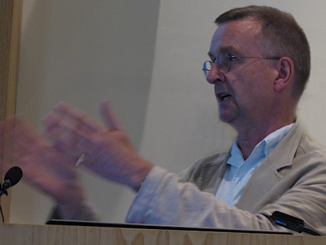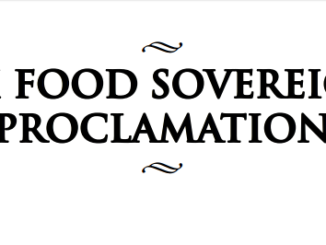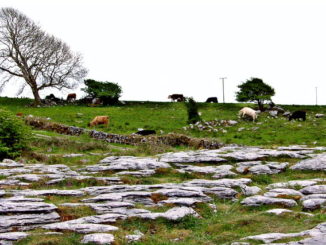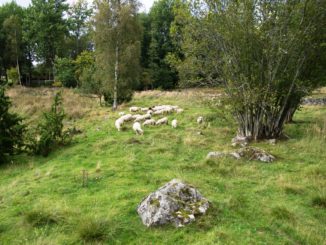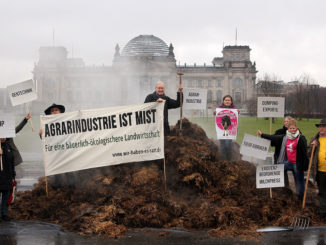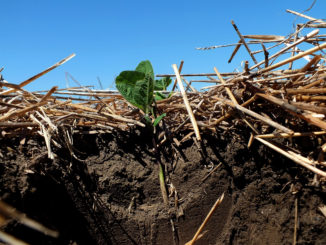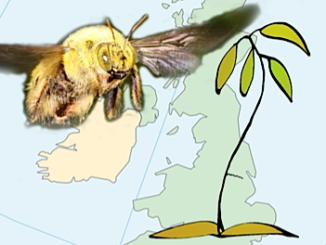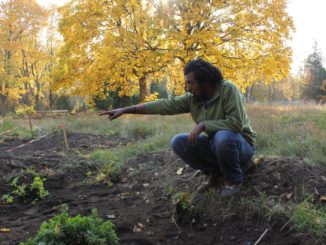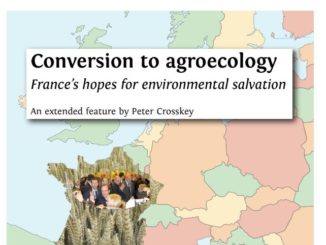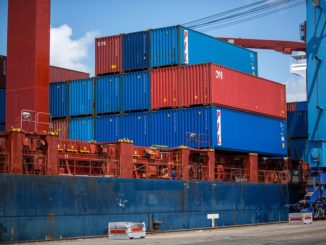Updates from EU Member States, including reports from ARC Web Correspondents
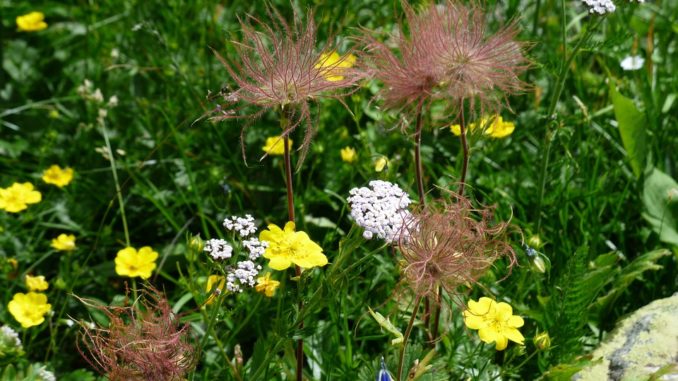
Lighter Shade of Green – CAP Fails in Germany & Beyond
“Ecological focus areas should be established, in particular, in order to safeguard and improve biodiversity on farms“. So say the official EU documents. And yet for these EFAs, Member States are choosing ‘productive options’ – in particular catch crops and nitrogen fixing crops – over biodiversity. Using newly released data, Sebastian Lakner shows us just how ineffective and poorly targeted EFAs are, in Germany and beyond. […]

